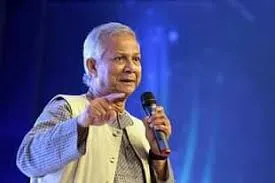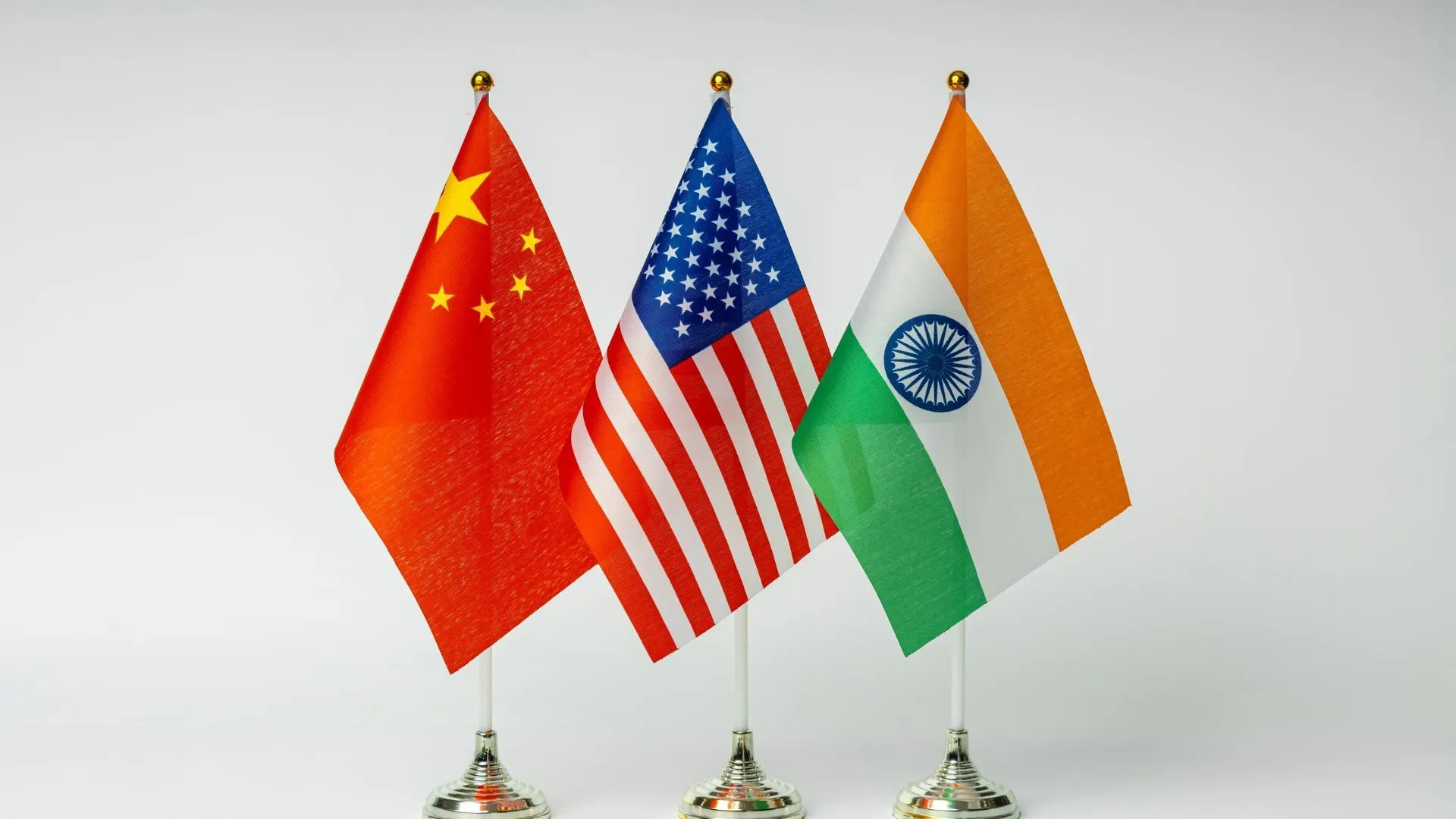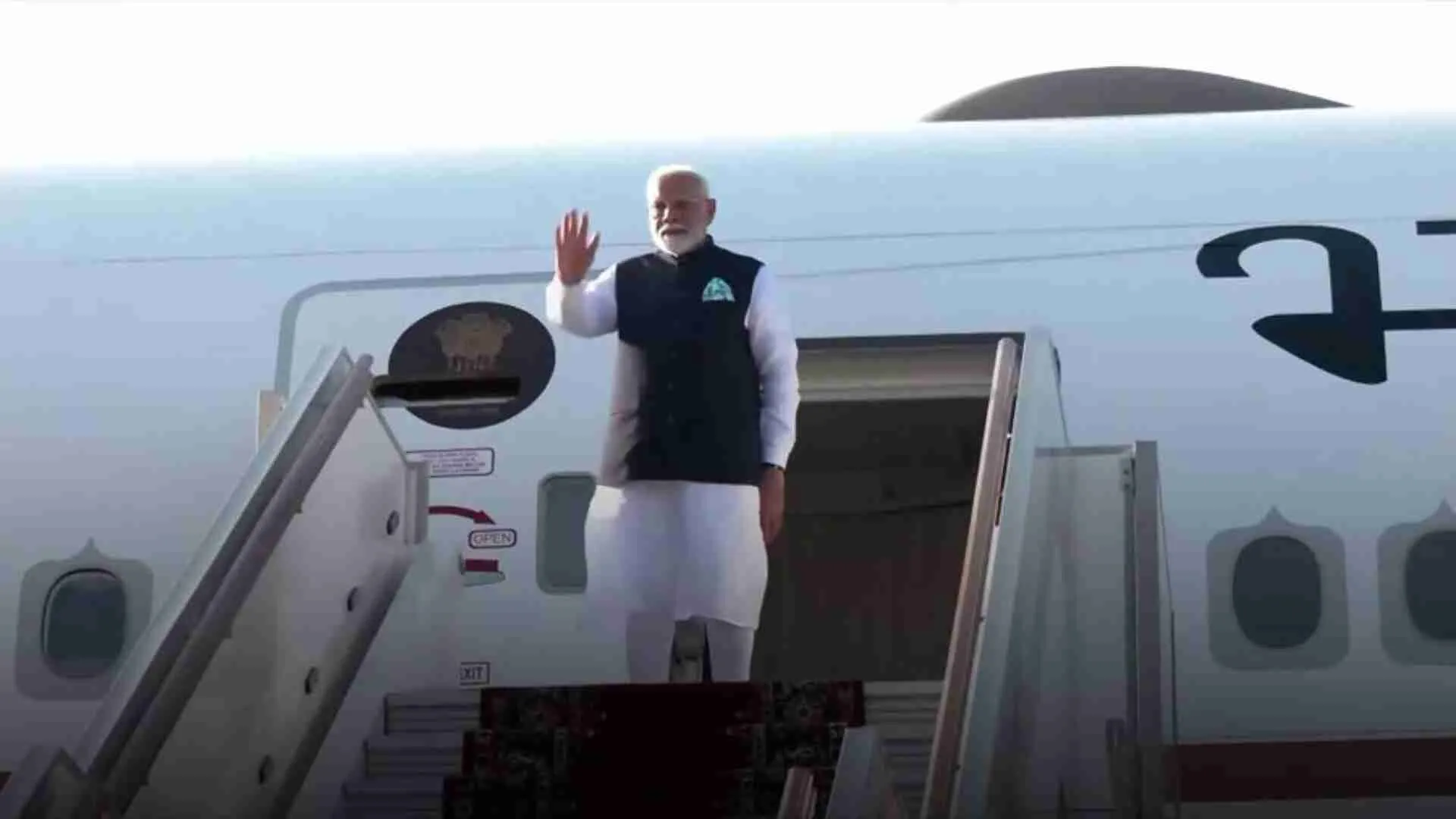The legacy of moral dilemmas that a community faces to achieve what Hegel expressed as “the fullness of moral autonomy” is unending. Recently the JNU animal welfare community encountered one such difficult dilemma about who has a greater right to exist, the dogs or the jackals? The National Animal Birth Control Programme (ABC) has brought down the number of community dogs on the campus from almost 2,000 in 2006 to just around 300 now. The sterilised dogs are older without any family and are becoming easy prey to the jackals from the Aravali forest range where the campus is located. The jackal packs are larger, stronger and better hunters than the dogs who once with stronger family packs posed the greatest deterrent to wild jackal packs. Human intrusion has created this grave imbalance amongst species without giving a solution to the grieving dog lovers. Where does the deficit lie? Is it the ABC programme or the desolation of the old or the violence of jackal packs? After intense deliberation on the two different-looking off-springs who were products of the same genus canis it was decided to create better protection for the older isolated dogs than to penalise jackals for their brutal attacks on the unprotected. Dogs remained shocked and unhappy on the compromise their best friend made to exonerate a trickster. Life spreads before us conflicting moral obligations from where we learn to decide, compromise and recover.
Why do a larger number of human habitations today face these moral dilemmas on planet earth? In June the world conscience was shaken by the pitiless killing of a pregnant elephant in Kerala, yet there were many who justified the brutality as a form of justice for farmers. In the Doar region of West Bengal the starving elephant herds wipe off all food and level homes in a poor neighbourhood of forest villages where tea gardens are barely maintaining a subsistence for the families of their workers. Tigers, leopards and panthers are no more respected when they creep into human habitats. Wildlife crimes have increased manifold since 2003 when the Environmental Investigation Agency (EIA) discovered the massive shipment of skins of 581 leopards, 31 tigers and even the harmless tiny 778 otters from India to China.
This only increased in subsequent years as the global price of wild animal skins, claws and bones formed an illegal trade of anything between $10 billion to $20 billion per year, according to the Interpol. A group Conservation International reports that illegal fishing represents more than 29 percent of illicit fish catch amounting to $23.5 billion in the market and endangering planktons and ocean life. Since 2014 wildlife crimes have significantly spiked to 52% or to 30,382, as reported in the State of Environment Report 2017. A shocking unprecedented 50 tigers were poached in 2016 but a larger number of peacocks, blackbuck, blue bull, wild boars, leopard, rhinoceros, elephants, turtles and chinkara are being eliminated from their habitats by poachers. The State of Environment Report found that the government seized an average of 100 turtles every day, but the shocking haul in 2017 of 6,430 endangered turtles from a house in Amethi by the Uttar Pradesh police blasted the porous Forest Wildlife Department, Wildlife Protection Act of 1972 and also India’s commitment to the Convention on International Trade in Endangered Species of Wild Fauna and Flora (CITES).
When the Environment Ministry issued a Notification in May 2016 to declare monkeys, wild boar and nilgai (Blue Bull) vermins to be culled in Himachal Pradesh, Uttarakhand and Bihar respectively, there was bloodshed and culled animals all around. But there were still men available to celebrate such a noxious and ferocious sight of innocent creatures. That starts the darkest and the harshest period in the history of wildlife in India, aptly described as a “lust for killing” by millions of citizens, a stark reality of the human mind, an embryo of greed.
When would a human mind obtain freedom from many such entangled moral dilemmas in decision making? Governments have provided ad hoc arrangements while being ripped by vote-banks. A sourcebased solution which has greater sustainability is generally avoided for fear of a long gestation period which may not match the “tenurial” survivability of the party in power. These repeated mistakes are ominous and forbidding yet governments fall in the trap for momentary perception of gains while harming the nation beyond its capacity to bounce back at the appropriate time. The Draft Environment Impact Analysis (EIA) notification is one such latest mistake which the government is keen to make by obfuscating the EIA ethics grounded in three principles of ‘Research Analysis, Evaluation and Environmental Auditing’. At a time when the world is reminded of the ethical principles which weave planet earth, the draft EIA notification is all set to vindicate all environmental violators through the provision of ex-post facto clearances. No ethical guideline on project evaluation in the world ever provides an ex post facto approval to working and completed projects. It also stands against the ‘Polluter Pay Principle’ whereby a penal arrangement is given to deter an offender. In April 2020, a Supreme Court bench of Justice D.Y. Chandrachud and Justice Ajay Rastogi passed an order against granting Environmental Clearance (EC) to three industrial units in Ankeleshwar, Gujarat. The court highlighted that the “ex post facto EC is in derogation of the fundamental principles of environmental jurisprudence and is an anathema to the EIA notification dated 27 January 1994… and can lead to irreparable damage”. The very strength of planetary survival rests upon a strong and ethical environmental clearance and this is very well highlighted in the recent fire in the Baghjan Oil Field bordering the Dibru Saikhowa National Park in Assam. The Oil India Ltd (OIL) had obtained environmental clearance on 11 May through bypassing all norms and laws which prohibit mining leases on carrying out activities inside sanctuaries and national parks. The 2006 Assam Government Lease for 20 years (2003-2023) was granted to OIL subject to strict observation of 17 conditions including, “the lessee shall… in no circumstances carry out such surveys” inside wildlife sanctuaries and national parks. The Forest Conservation Act 1980 was also violated as the underforest mining area according to the Act was considered “a forest” and a separate clearance was required to mining and drilling. In December 2019 the Environment Appraisal Committee of the ministry exempted OIL from the condition of public hearing for the sake of fulfilling oil needs for the country. The Wildlife Board of India also granted a fast track clearance to OIL. The limited EIA process which was followed demonstrated a defiance of norms set in the EIA 2006 Notification and the “ecologically rational outlook” stressed so committedly by the Supreme Court. Just 14 days later of obtaining EC the wells caught fire devastating both human and nonhuman animal habitats. The expected gain turned to phenomenal loss of life and property for many years to come.
The moral dilemmas of existence are nurtured by ignorance, mischief and greed as noble obligations come into conflict with the gross. As humans stand at the crossroads of their survival, it’s time that environmental compliance becomes a habit and a national norm and not a discretion of a particular government or an individual. To look at laws with a long-term vision of equity, justice and morality may solve many moral dilemmas, as the JNU dog lovers did by “letting jackals be” and not be displaced due to a segment’s fury against them.
The writer is Professor of Administrative Reforms & Emergency Governance, Member Secretary, Institutional Ethics Review Board, Jawaharlal Nehru University, New Delhi.























